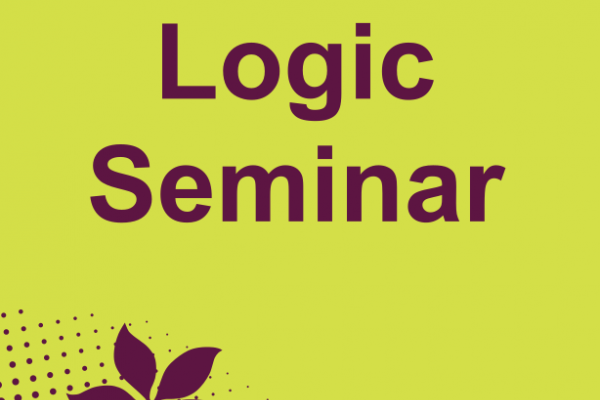
Title: Interpolative Fusions
Speaker: Alex Kruckman (University of Indiana Bloomington)
Abstract: Fix languages L and L' (possibly non-disjoint). An structure M in the union of these languages is said to be interpolative if whenever X is an L-definable set in M and X' is an L'-definable set in M, then X and X' intersect unless they are separated by disjoint definable sets in the intersection of L and L'. If T is an L theory and T' is an L' theory, we say that a theory T* is the interpolative fusion of T and T' if it axiomatizes the class of interpolative models of the union of T and T'. If morever T and T' are model-complete, this is exactly the model companion of the union theory. Interpolative fusions provide a unified framework for studying many examples of "generic constructions" in model theory. Some, like structures with generic predicates, or algebraically closed fields with several independent valuations, are explicitly interpolative fusions, while others, like structures with generic automorphisms or fields with generic operators, are bi-interpretable with interpolative fusions. In joint work with Erik Walsberg and Minh Tran, we study two basic questions: (1) When does the interpolative fusion exist, and how can we axiomatize it? (2) How can we understand properties of the interpolative fusion T* in terms of properties of the theories T, T', and their intersection?
